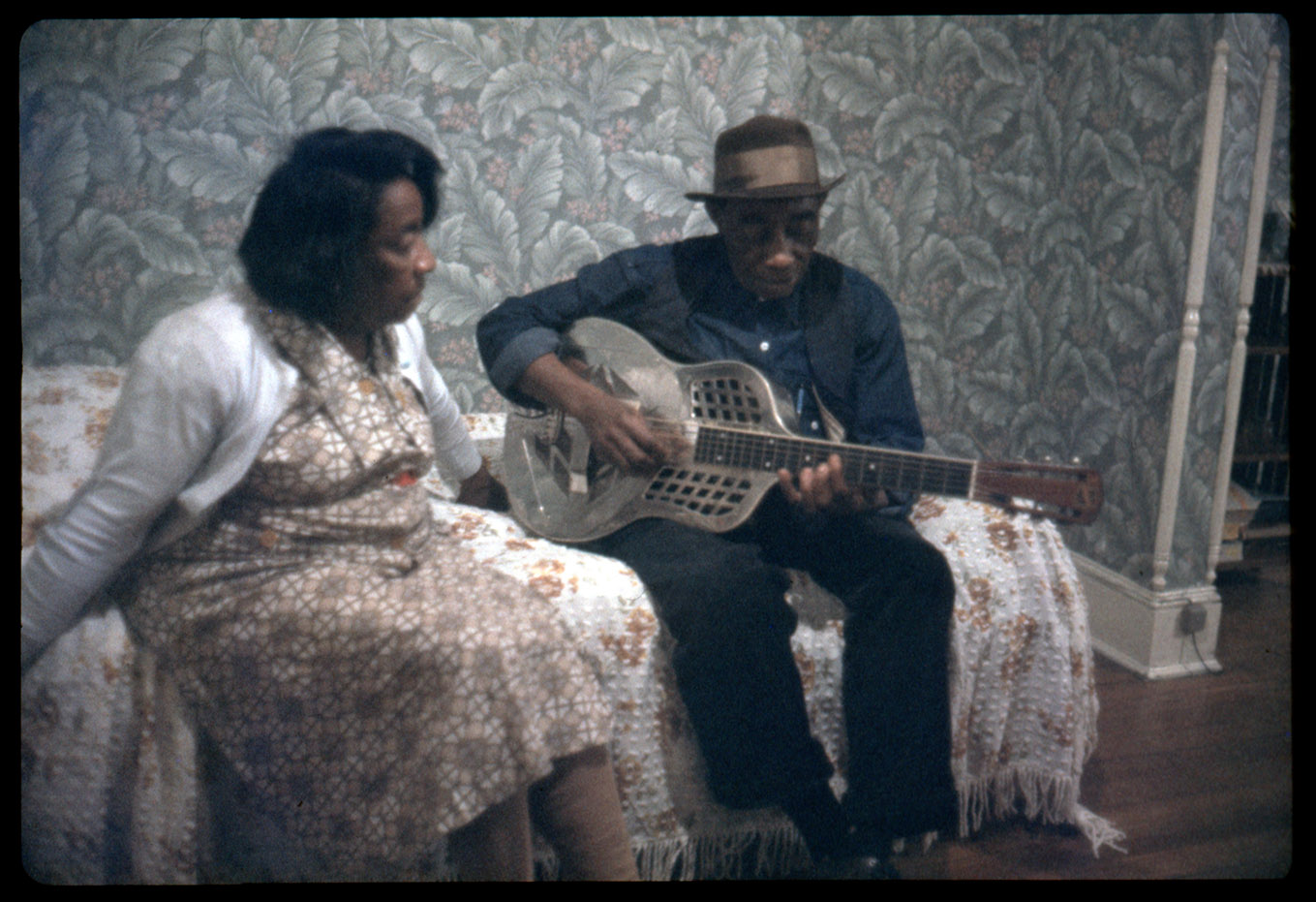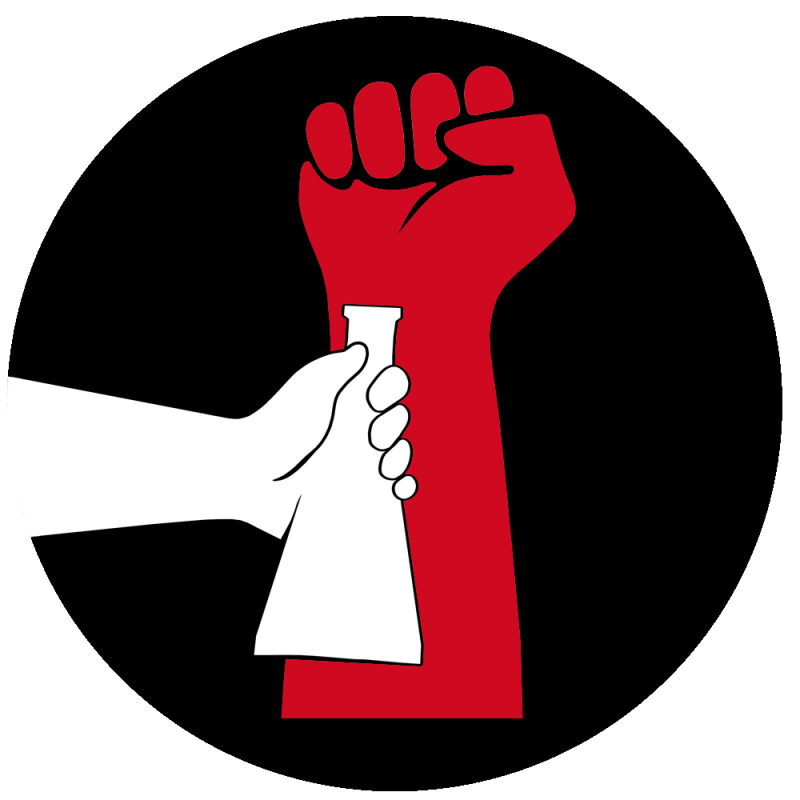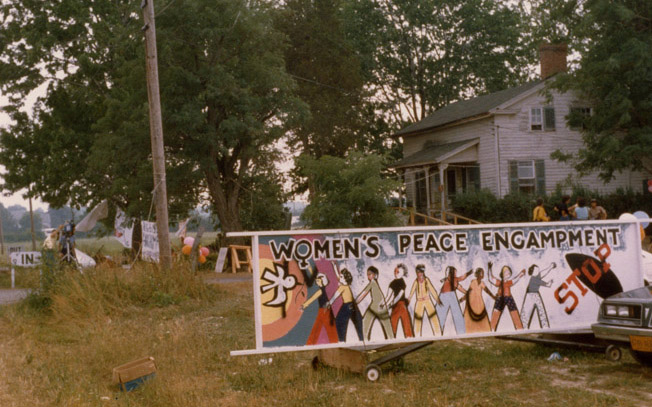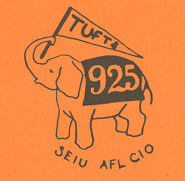Myrtle K. Sapora Papers
A life-long resident of Illinois, Myrtle Sapora was born on February 14, 1916, the daughter of William and Jeanie Kenney. After marrying Allen I. Sapora, a member of the teaching staff in leisure studies at the University of Illinois, in 1948, and settling in Champaign-Urbana, Myrtle became an ardent activist in the antifluoridation movement, working a both the state and national levels. She was a member of the Illinois Pure Water Committee for many years and died on August 3, 1995 at the of 79.
The depth of Sapora’s commitment to the antifluoridation movement is reflected in this rich collection, which includes research materials, newsletters and ephemera from antifluoridation groups, informational handouts, news clippings, and a few audiotapes of meetings. Concentrated in the later 1970s through early 1990s, Sapora’s correspondence is particularly revealing, with interesting exchanges with politicians, letters to the editor, and other lobbying targets, as well as a number of important figures in the movement, including Albert Burgsthaler, Ellie Rudolph, and John Yiamouyanis.





